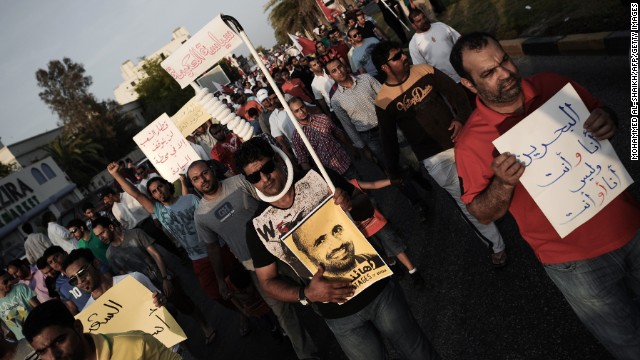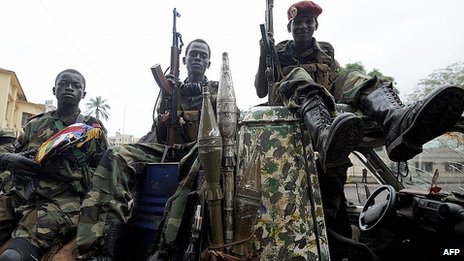By Kathryn Maureen Ryan
Impunity Watch, Middle East
MANAMA, Bahrain – An American teacher has been deported from Bahrain for allegedly inciting “hatred” through her publications. The Ministry of Communications said the unnamed teacher was deported for her alleged tweets and publications made in online journals. According to a statement made by the Ministry of Communications the unnamed American teacher was deported as a result of “activities linked to radical opposition groups,” and for allegedly violating the terms of her work permit by working as an unaccredited journalist.

The ministry alleged that she published a number of articles under a penname for several journals, including the As-Safir newspaper, which has been linked to Hezbollah, as well as a human rights newsletter published by the Bahrain Centre for Human Rights, a group whose publications have been banned by the Bahraini government.
However, Maryam al-Khawaja, acting head of the Bahrain Centre for Human Rights denied that the teacher was writing for the organization, saying; “That was something made up by the government.” Al-Kahwaja also stated that a journalist at As-Safir had told her that the teacher had not written for their publication either.
Al-Khawaja, who was planning on entering Bahrain ahead of protest planned for this week, was recently stopped from boarding a British Airways plane heading from London to Bahrain because of a Bahraini government order preventing her from entering the country. She said the Bahrain Centre for Human Rights was attempting to contact the American teacher to determine if she has been subjected to human-rights violations while in the custody of Bahrain authorities.
The gulf state has seen massive waves of protests since the Arab Spring hit the region in 2011. The protests have been mostly led by members of the state’s Shia population calling for democratic reforms from the Sunni ruling family.
The state has responded to these calls for democratic reform by cracking down on dissent and free expression. The state has been accused of creating fake Twitter accounts and using these and other false evidence in order to convict its citizens of crimes against the state. The state has also raided the homes of protesters and activists.
Al-Khawaja said of the Bahraini states tactics that: “They have even increased house raids. It used to be one every other night. But since the Tamarod announcement, the raids are day and night – up to 100 or more per day.” She explained that security forces often break down doors during these raids on civilian citizens, enter with guns drawn and vandalize homes during the raid. She also explained that these tactics are intended to spread fear of the state.
The state response to calls for democratic reform has been to attempt to create an atmosphere of fear in the country in order to demonstrate the state’s power. However, the Bahraini government’s attempts to squash calls for democratization have remained unsuccessful. The Bahraini anti-government and opposition activists have called for anti-government rallies to be held on Wednesday, August 14, the anniversary of the gulf state gaining independence from the British Empire.
For more information please see:
Al Jazeera – Bahrain Bans US Teacher for ‘Radical’ Writing – 12 August 2013
CNN International – Bahrain Expels U.S. Teacher, Says She Incited ‘Hatred’ – 12 August 2013
Fox News – Bahrain Says American Teacher Deported over ‘Radical’ Writings – 12 August 2013
Jerusalem Post – Bahrain Deports US National for Associating with ‘Radical’ Groups – 12 August 2013
